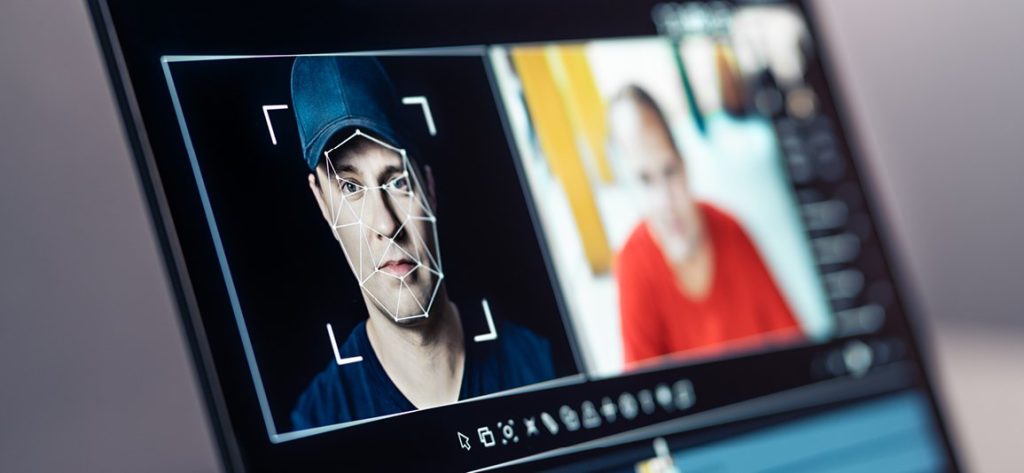Physical Address
60 Ekwema Cres, Layout 460281, Imo
Physical Address
60 Ekwema Cres, Layout 460281, Imo

South Africa sees a 1200% rise in deepfake threats, and this is becoming a big worry for many people and businesses. In just one year, the number of scams using fake videos, audios, and images made by artificial intelligence (AI) has jumped a lot. This problem is not just small; it is affecting important areas like banks, insurance, shops, media, and even government offices.
Deepfake threats due to widespread AI fraud are growing fast in South Africa. Deepfakes are fake videos or sounds that look and feel very real. They use AI to copy how someone looks and talks by studying many real pictures, videos, or voice recordings of that person. Then, AI creates new fake clips that seem like the real thing. For example, a deepfake can show a leader saying something they never actually said, or fake phone calls can trick people into giving away private information.
Read Next: FCCPC Drops the Compliance Violation Case Against MTN Nigeria Executives
South Africa’s rise in deepfake threats happens because many people are connected to the internet and use phones a lot. With over 50 million internet users and 124 million cell phones in the country, there are many chances for scammers to find victims. Also, having 27 million social media users makes it easy for scammers to spread lies and tricks.

The biggest target so far has been banks and financial companies. These companies have seen many fake activities such as SIM swap scams, where thieves take control of a phone number, and account scams where fake people open bank accounts. The scammers use AI to copy the voices of real bank workers. They call customers and fool them into giving away secret information or agreeing to send money. For example, First National Bank (FNB) shared that some of their customers were tricked by scammers pretending to be bank staff or even their family members through AI-made videos, voice messages, and texts. Sadly, some people lost lots of money before they knew what was going on.
But South Africa’s rise in deepfake threats is not just in banks. Insurance companies face fake claims with doctored videos or fake health reports, making it hard to tell what is real. Shops and online stores are also attacked by scammers who create fake websites or ads. Customers get tricked into paying for things that don’t exist, hurting both online and real stores.
Media companies have to deal with fake videos and voices that spread false news or try to make people look bad. Government offices are also under threat. Fake documents and ID information are used by criminals to get into secure government systems.
Because of this big rise in deepfake threats due to widespread AI fraud, South Africa is working hard to fight back. New tools that can spot fake activity quickly are being used. These include systems that check if faces or voices are real and ways to follow suspicious behavior across devices. Studying how people act helps to find scams before they happen. Along with this, teaching people about these scams is very important to keep them safe.
Many experts want stronger laws to stop this type of crime. They want clear rules that focus on the misuse of AI and heavy punishments for those who break the law. The government is also working with schools to teach future engineers how to build better systems to find and block deepfake attacks. There are also plans to work with social experts to make sure all rules protect everyone’s privacy and respect people’s dignity.
Read Next: Taiwan has Lifted Restraints on the Export of Semiconductors to South Africa
Banks and fintech companies have started warning their customers more about these scams. They tell people to always check who is calling, look carefully at messages, and be very careful before sending money or sharing personal details.
The rise of AI scams shows that no part of South Africa’s economy is safe right now. As more people use the internet every day, both companies and the government will need to work even harder to protect users. The answer lies in working together — businesses, authorities, scientists, and regular people all have a part to play. By improving technology, creating strong laws, and raising awareness among customers, South Africa hopes to fight off these deepfake threats and keep trust in its online world.
Was this information useful? Drop a nice comment below. You can also check out other useful contents by following us on X/Twitter @siliconafritech, Instagram @Siliconafricatech, or Facebook @SiliconAfrica.